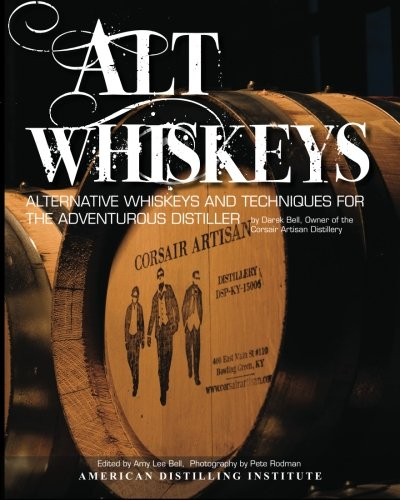Teufelhunde
Well-Known Member
- Joined
- Jan 4, 2020
- Messages
- 520
- Reaction score
- 478
The wife and I were talking about a batch of mead that I made that neither one of us can stomach. We were talking about how to save it, and distilling it came up. She then asked me "can you distill beer?".
I have no f'n clue and she keeps asking, so I thought I would put the question to those more knowledgeable than myself.
Can you distill beer? And what would you have if you can?
Lon
I have no f'n clue and she keeps asking, so I thought I would put the question to those more knowledgeable than myself.
Can you distill beer? And what would you have if you can?
Lon





